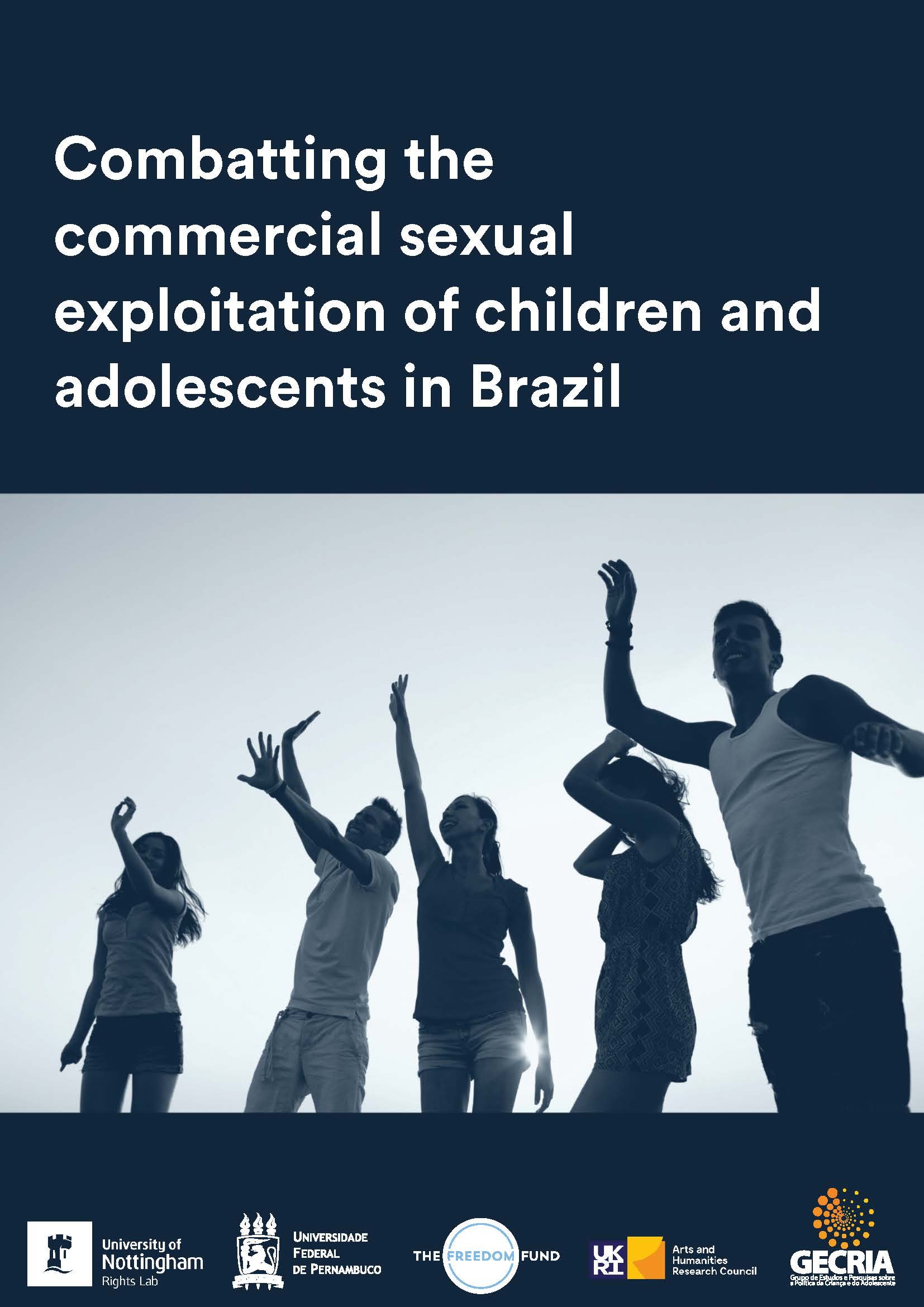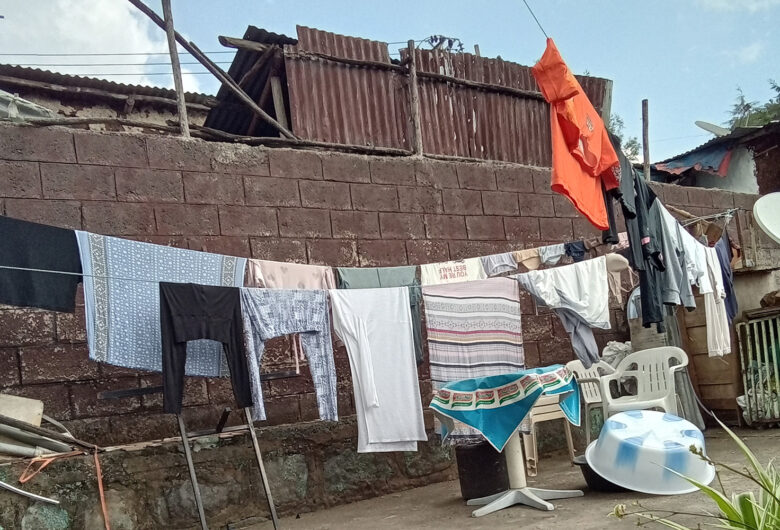From 2016 to 2022, particularly following the change in Brazil’s presidency in 2018, the country experienced numerous disruptions and setbacks in its public policies and services. Areas such as child protection, education, health, and other social services suffered from a shortage of financial investment, trained personnel, and data.
Official figures indicate that, in 2021, more than 1,300 cases of sexual violence against children were registered in the state of Pernambuco, located in Brazil’s northeast and among its poorest states. However, local child protection experts believe this is a vast underestimate due to fewer victims coming into contact with service providers due to covid-19, compounded by weak monitoring and record keeping by government institutions.
The research report “Combatting the commercial sexual exploitation of children and adolescents in Brazil” is a collaborative effort between the University of Nottingham’s Rights Lab, the Federal University of Pernambuco, and The Freedom Fund. The research aimed to analyse the effectiveness of efforts to address the Commercial Sexual Exploitation of Children and Adolescents (CSEC) in Brazil, particularly in the state of Pernambuco. The project centres the views and lived experiences of survivors to influence ongoing efforts to reform public policies aiming to tackle CSEC in Brazil.
Based on national data from 2019-2020 and 30 interviews with CSEC survivors, at-risk youth, and experts from both governmental and non-governmental organisations, the study revealed that institutions within the Child and Adolescent Rights Guarantee System not only suffer with under-reporting but also lack effective collaboration. This adversely affects the quality of care aimed solely at protecting young victims of violence.
In particular, the research identified two notable challenges reported by CSEC survivors and at-risk youths in accessing support services. First, they are often referred to multiple, ineffective services that operate in silos, creating a confusing ‘maze’ that fails to offer a clear path to protection. Second, these children and adolescents repeatedly enter and exit services, perpetuating a cycle of neglect and violence.
Participants also shared their frustrations around the poor quality of support services available. Their concerns ranged from feeling insecure due to insufficient information about appropriate services, to experiencing stigma while accessing services. In some cases they even encountered further violence while in care.
Based on the research findings, the report presents a series of recommendations to improve the quality of assistance for CSEC survivors, strengthen implementation of public policies to address the issue, as well as raise awareness to dismantle harmful norms that perpetuate CSEC.
Click below to access the report:
Executive Summary in English (43 pages)
Resumo Executivo em Português (48 pages)




